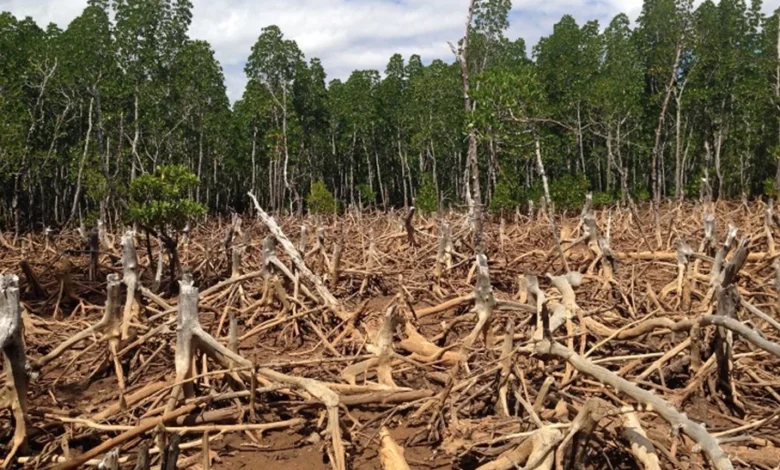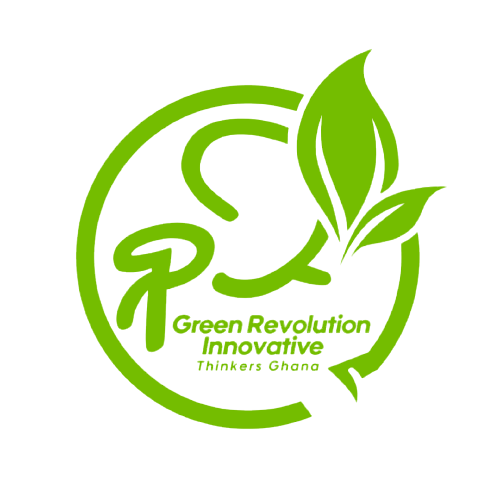Reclaiming Ghana’s degraded forests for sustainable development

Forests, which cover nearly a third of the earth’s land area, play a vital role in development by providing resources, supporting livelihoods, regulating ecosystem, and contributing to climate change mitigation and adaptation.
Governments throughout the world have, therefore, put in place laws and guidelines to regulate the use of land and forests.
n Ghana, the decision to conserve the forest for present and future use, motivated the colonial government to enact the 1927 Forest Ordinance (CAP 157). This granted the authorities the mandate to classify approximately 6,000 square miles of land as forest reserves, at that time.
After independence, in 1957, the country continued to strengthen this initiative with strategies and the promulgation of more laws, to protect forests.
But, ironically, over the years, forest conservation measures have gradually diminished, and an estimated area of over 5,000 hectares of Ghana’s forests have been devastated. This is as a result of illegal mining, popularly known as galamsey, logging, urbanisation, climate change, and agricultural practices.
UN reports and data indicate that Ghana faces significant forest degradation, with an annual loss of 135,000 hectares, occasioned by human activities, impacting the country’s cocoa production and biodiversity.
Find full article here https://ghanaiantimes.com.gh/reclaiming-ghanas-degraded-forests-for-sustainable-development/




